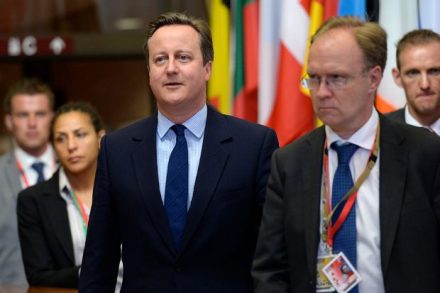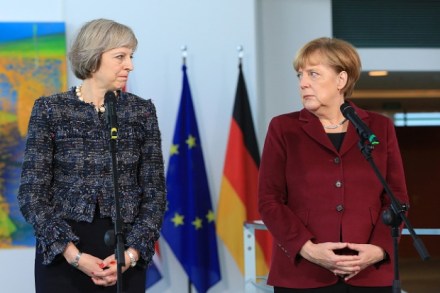What the papers say: Sir Ivan ‘the terrible’ or a terrible loss?
Sir Ivan Rogers is stepping down from his role as the UK’s ambassador to the EU – but is his departure really such a great loss? In his explosive resignation email, Rogers urged his colleagues to challenge ‘muddled thinking’ and ‘speak truth to power’, in a parting shot at Theresa May. So is this evidence of a Brexit botch-up? Not so, says the Sun, who calls the departing diplomat ‘Ivan the terrible’ and says it won’t weep over his decision to quit. A quick glance at the ‘pathetic empty shell’ of David Cameron’s EU renegotiation deal is all you need to see as to why Roger’s resignation is no great loss,





















